In the modern digital era, protecting your online privacy is more important than ever. Many people turn to VPNs, or Virtual Private Networks, for enhanced security and anonymity. But the question remains: Does VPN protection truly keep you safe on the internet? This comprehensive guide will explore what VPNs do, how they protect you, their limitations, and how to choose the right VPN for your needs.
What Is a VPN?
A VPN, short for Virtual Private Network, is a technology that establishes a secure and encrypted connection between your device and a remote VPN server. This connection acts like a private tunnel through the public internet.
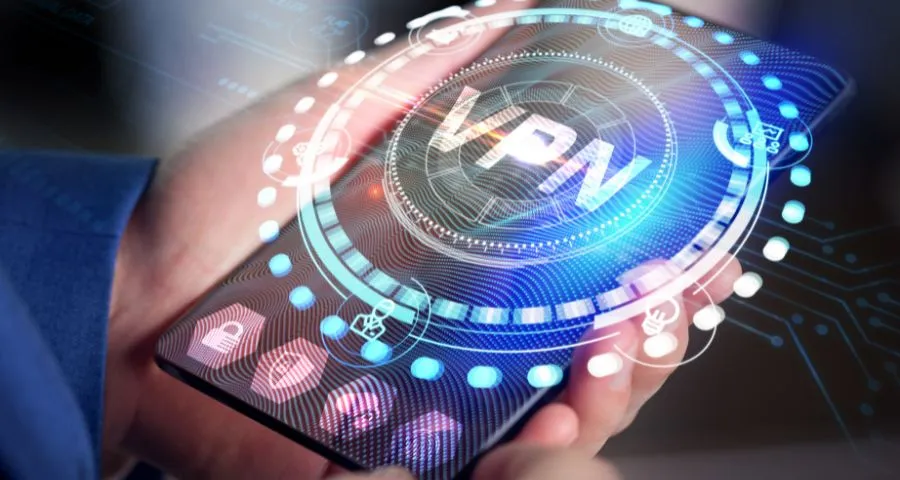
When connected to a VPN, all your internet traffic is routed through this server, which masks your real IP address. This provides you with multiple benefits that collectively form VPN protection:
- Hiding your IP address: Your actual location and IP are replaced by the VPN server’s IP, making it difficult for websites or trackers to pinpoint your identity.
- Encrypting your online activity: Data you send and receive is scrambled with strong encryption, preventing eavesdroppers on public or shared networks from intercepting your information.
- Bypassing geographic restrictions: Many online services restrict content based on your country. A VPN can make it appear as though you are browsing from a different location, unlocking blocked websites or streaming services.
How Does a VPN Protect You?
VPN protection works by securing your data and obscuring your online presence in several practical ways:
Securing Public Wi-Fi
Public Wi-Fi networks are often unsecured and vulnerable to cybercriminals who use tools to intercept data packets being transmitted. By using a VPN, your data is encrypted, making it nearly impossible for anyone on the same network to access your personal information, such as passwords, emails, or credit card details.
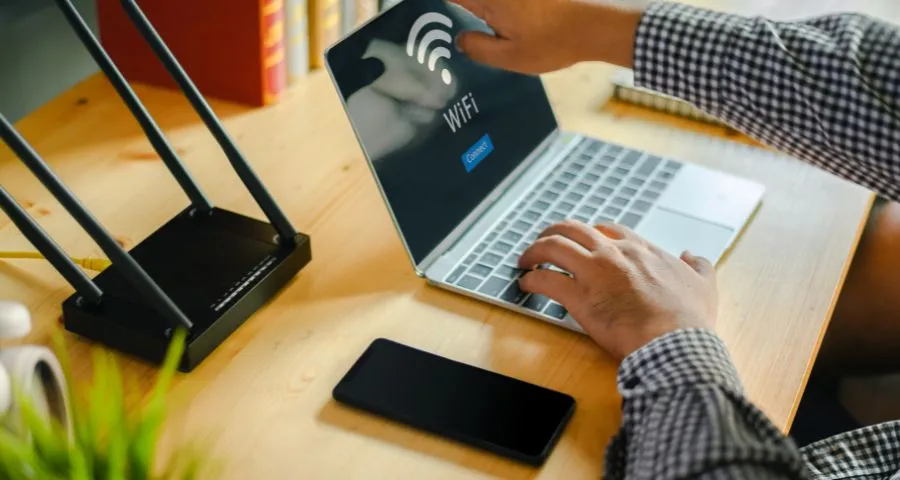
For example, when you connect your laptop or phone to a cafe Wi-Fi, a VPN shields your connection, providing crucial VPN protection on networks where the risk of hacking is high.
Hiding Your IP and Location
Without a VPN, your IP address exposes your approximate physical location, allowing websites and advertisers to build a profile on your browsing habits. With VPN protection, your IP is masked behind the VPN server’s IP, often from a completely different country, preserving your anonymity. This is especially useful if you want to avoid being tracked by ad companies or governments that monitor online activities.
Preventing ISP Throttling
Internet Service Providers (ISPs) sometimes deliberately slow down your internet speed when they detect certain activities like streaming or torrenting, a practice known as throttling. VPN protection hides the type of traffic you generate, making it harder for ISPs to throttle your bandwidth, resulting in smoother streaming and faster downloads.
Bypassing Regional Restrictions
If you have ever encountered the frustrating message “This content is not available in your region,” VPN protection is the solution. By connecting to servers located in different countries, VPNs allow you to access geo-blocked content such as Netflix libraries from other countries, international news sites, or streaming platforms restricted to specific regions.
What VPN Protection Can’t Do
While VPN protection is an essential layer of online security, it’s far from a complete solution. Here are four real-world limitations of VPNs that users often overlook:
Doesn’t Prevent Phishing Attacks
Even with VPN protection enabled, you can still fall victim to phishing. For example, if you receive a fake PayPal email and click on the link to enter your password, your VPN won’t block it. VPNs encrypt your connection — they don’t verify the legitimacy of websites or emails. That’s why phishing scams remain a major threat.
Apps and Services May Still Track You
Some apps can bypass your VPN protection by using built-in location services, device fingerprinting, or cached data. For instance, if you set your VPN to Singapore but your phone’s SIM card is from the U.S., apps like TikTok, Facebook, or Google Maps can still detect and use your real location.
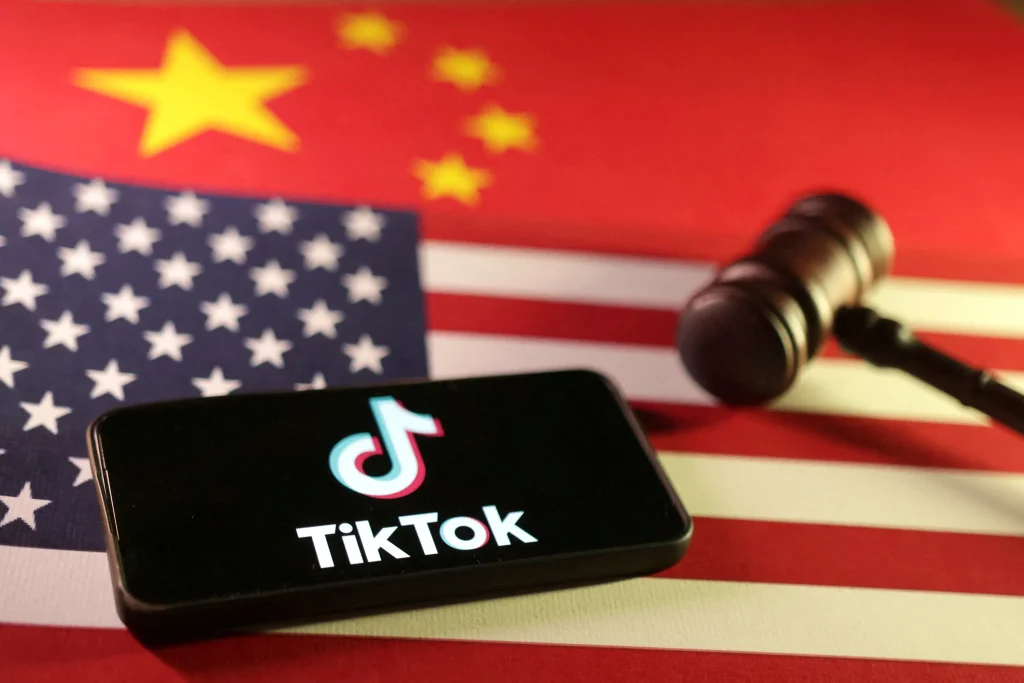
This is especially frustrating for users in Asia trying to access U.S.-only content or switch app regions — simply turning on a VPN won’t always work.
WebRTC and Browser Leaks
Even with VPN protection, your browser might leak your real IP through WebRTC — a browser feature used for peer-to-peer communication. This can expose your identity on sites that support video chats, screen sharing, or file transfers. Unless you disable WebRTC or use VPNs with built-in leak protection, your privacy is at risk.
Free VPNs Can Be Riskier Than No VPN
Many free VPNs undermine the very purpose of VPN protection. They may log your activity, sell your data to advertisers, inject tracking ads, or come with security flaws. In 2023, several free VPN apps on the Play Store were caught leaking millions of users’ data. That’s why cybersecurity experts strongly recommend avoiding free VPNs.
How to Choose a VPN That Actually Protects You
To get true VPN protection, it’s critical to pick a trustworthy provider with:
- No-Logs Policy: Ensure the VPN provider does not keep records of your browsing activity.
- Strong Encryption: Look for AES-256 encryption and secure tunneling protocols such as OpenVPN or WireGuard.
- Global Server Network: A wide range of server locations improves access speed and content availability.
- Good Performance: Fast connection speeds and low latency ensure smooth browsing and streaming.
- Transparency and Audits: Reputable VPN providers undergo independent security audits to verify their claims.
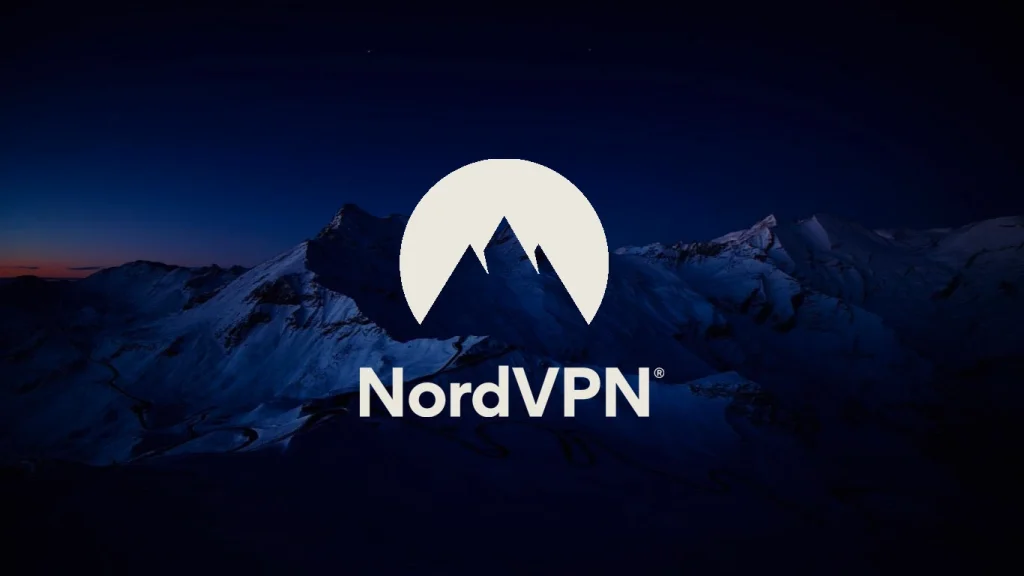
If you’re looking to get started with a VPN, choosing a trusted provider is essential to ensure your data stays truly private. Examples of reliable VPN providers that deliver strong VPN protection include NordVPN, ExpressVPN, Surfshark, and ProtonVPN.
VPNs and Streaming Devices: When and Why You Need Them
StreamX is a plug-and-play Android TV box that gives users instant access to entertainment without requiring any login, account registration, or personal data entry. Once connected to Wi-Fi, you can immediately start watching — no emails, no phone numbers, and no third-party sign-ins.
This simplicity makes StreamX a much safer option than many streaming apps or platforms that constantly collect user data. However, some users still choose to enable VPN protection while using StreamX streaming box for an extra layer of privacy.
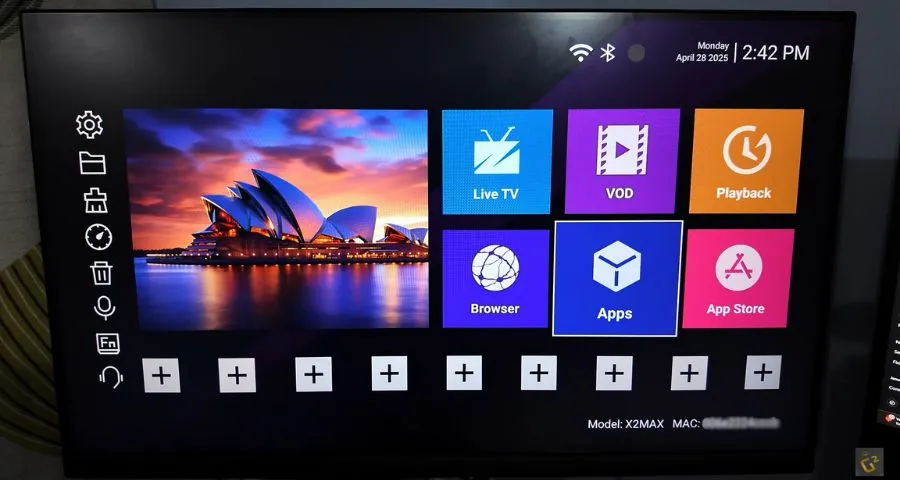
For example, a few users are concerned that their internet provider might monitor streaming activity or throttle connection speeds. In such cases, turning on a VPN helps:
- Hide your IP address from third-party apps.
- Avoid ISP throttling that may cause buffering.
- Bypass regional restrictions if you want to test access to content available in other countries.
Is VPN Protection Worth It?
To sum up, VPN protection is a highly effective way to enhance your online privacy and security. It safeguards your data on public networks, helps maintain anonymity, bypasses censorship, and protects against ISP throttling.
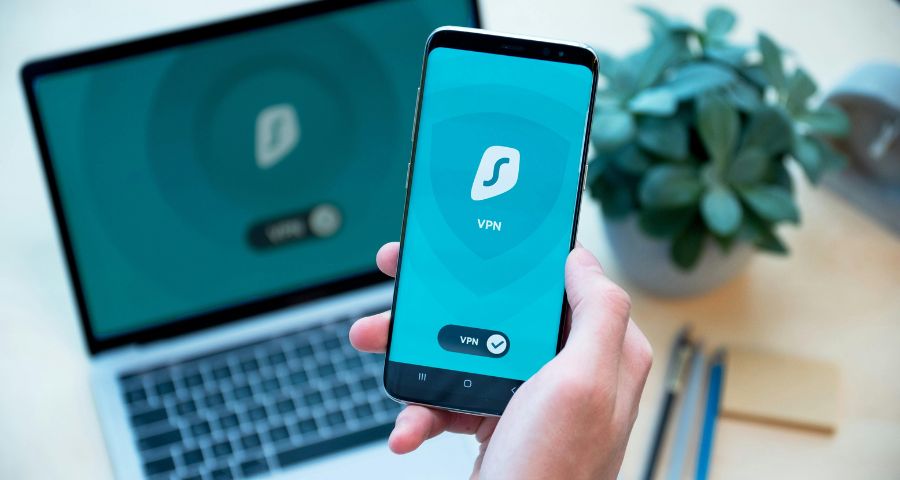
However, it should be used as part of a broader security strategy, including antivirus software, strong passwords, and cautious browsing habits. VPNs are a powerful tool — but not a standalone solution.
If you’ve recently cut the cord on cable TV and switched to internet-based entertainment, using a VPN can help you unlock even more content while staying secure. With the right VPN service, you can enjoy safer and freer internet access in today’s connected world.
Contact us: [email protected] or WhatsApp